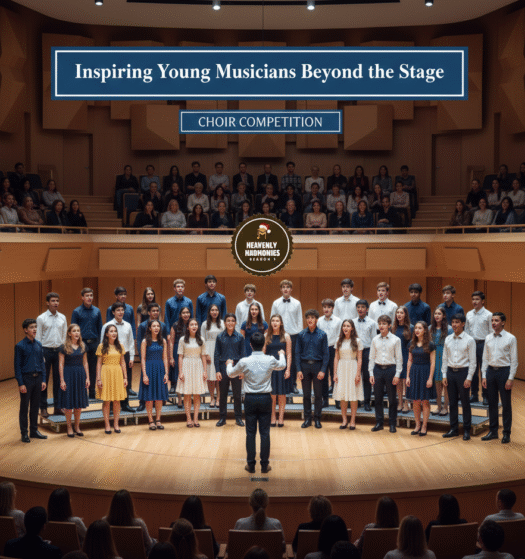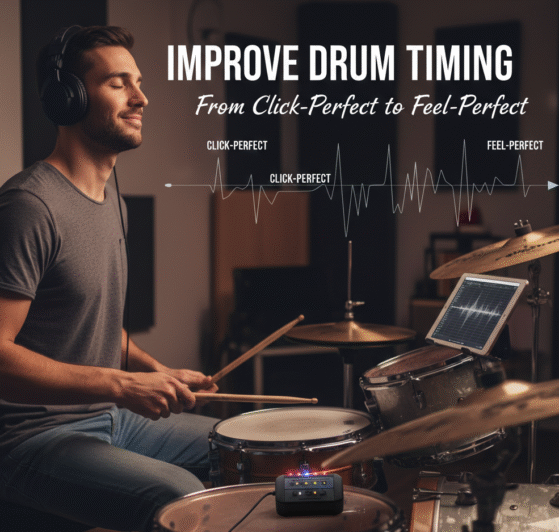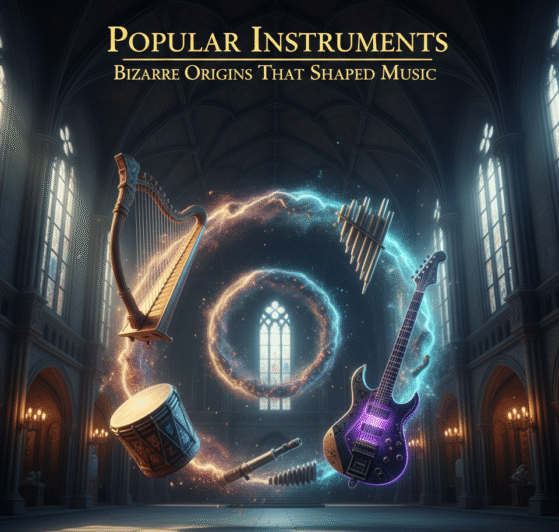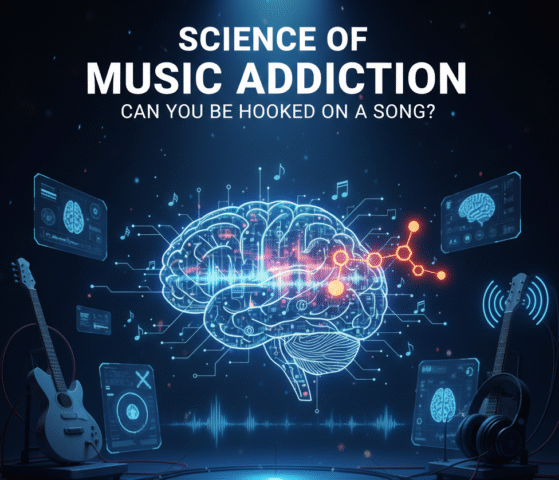How Music Affects Your Dreams
At The Mystic Keys, we believe that music is more than sound — it’s a powerful emotional and psychological experience. Have you ever played music before sleeping and had vivid or strange dreams? You’re not alone. Many studies and personal experiences point toward a deep connection between music and dreams. In this blog, we explore how music influences your dreams, the science behind it, and tips to create a dream-enhancing nighttime playlist.
1. The Science of Sleep and Dreaming
Sleep is composed of different cycles, including non-REM and REM (Rapid Eye Movement) sleep. Dreams mostly occur during REM sleep, when the brain is highly active. This phase is similar to wakefulness in terms of brainwave activity, making it susceptible to external influences like sound.
2. How Music Influences the Brain During Sleep
Music can reach the brain even while we’re sleeping. According to neuroscientists, the auditory cortex continues to process sound during sleep. The tempo, rhythm, and harmony of music can:
- Alter the depth and quality of sleep
- Influence the emotional tone of dreams
- Help induce or delay REM sleep
3. Types of Music and Their Effects on Dreams

- Not all music affects dreams the same way. Here’s a breakdown:
- Classical Music: Often promotes peaceful dreams and emotional balance
- Lo-fi & Ambient: May encourage creative, calming dreams
- Binaural Beats: Used to stimulate lucid dreaming or deep relaxation
- Rock/Pop: Can lead to intense, action-packed or emotionally rich dreams
- Sad or Emotional Songs: Often evoke nostalgic or sorrowful dreams
4. Lucid Dreaming and Music
Lucid dreaming is the ability to be aware you’re dreaming and even control your dreams. Some individuals use music, especially tracks with binaural beats, to train their brains for lucid dreaming. Music can:
- Act as a dream anchor
- Trigger self-awareness in dreams
- Promote deep introspection that leads to lucidity
5. Music and Emotional Content in Dreams
Our subconscious often uses dreams to process unresolved emotions. Music rich in emotional content can:
- Influence the themes of dreams
- Evoke memories that resurface in dream scenarios
- Act as a tool for emotional healing through dream expression
6. Case Studies and Research

Several studies highlight music’s effects on dreams. One study from the University of Helsinki found that students who listened to relaxing music before bed reported more vivid and emotionally satisfying dreams.
Another experiment showed that people listening to happy music before sleeping had dreams that were more positive in tone, while sad music led to reflective or melancholic dream themes.
7. The Role of Lyrics and Instrumentals
Lyrics can have a profound effect on dream content. Words related to love, fear, freedom, or sorrow often echo into dreams. Instrumental music, on the other hand, affects mood and setting without guiding narrative, making the dream more open-ended and abstract.
8. Binaural Beats and Dream Stimulation
Binaural beats are audio tracks with slightly different frequencies in each ear, used to influence brainwaves. When tuned correctly, they can:
- Enhance dream recall
- Encourage deep sleep and lucid dreaming
- Reduce nightmares and anxiety during sleep
9. Nighttime Rituals Involving Music
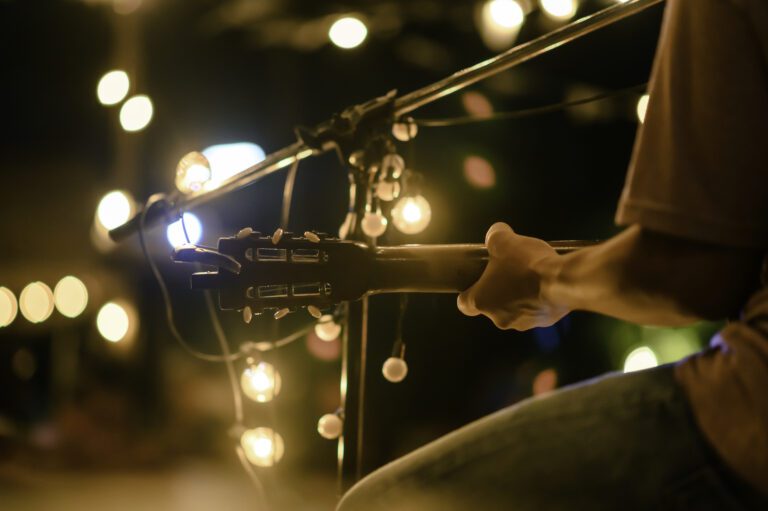
Building a consistent nighttime music ritual can improve sleep and dream quality. Consider:
- Creating a calm, dim-lit space
- Choosing a curated playlist (no sudden loud tracks)
- Avoiding lyrics-heavy songs if you’re easily influenced emotionally
- Starting the playlist 15-30 minutes before bed
10. Tips for Using Music to Enhance Your Dreams
Here are tips from The Mystic Keys to make music your dream companion:
- Use quality headphones or sleep speakers
- Avoid overly energetic genres close to bedtime
- Experiment with instrumental or nature sound blends
- Journal your dreams and the music you listened to before sleep
- Try guided sleep meditations with background music
11. The Mystic Keys' Take on Sleep and Music
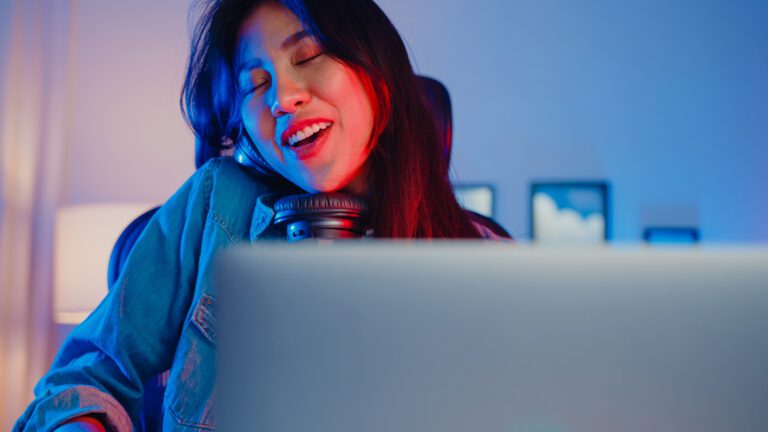
At The Mystic Keys, we understand how important rest and recovery are for musicians and learners. Many of our students use music to wind down after evening lessons. Our instructors even recommend specific sleep-enhancing tracks that align with musical training.
We also explore how dream journaling can help composers, singers, and songwriters harness subconscious creativity.
12. FAQs on Music and Dreams
Q1: Can music really affect my dreams?
A: Yes. Music can influence mood, brainwave activity, and dream content during sleep.
Q2: Is it safe to sleep with music playing?
A: Absolutely. As long as the volume is low and the content is calming, it can improve sleep.
Q3: What’s the best type of music for dreaming?
A: Ambient, classical, lo-fi, and instrumental music are great for dream influence.
Q4: Can I train myself to dream better with music?
A: Yes! With consistent use of music and dream journaling, many people report richer, more controllable dreams.
13. Final Thoughts

Music is not just for waking hours. It can influence your emotions, thoughts, and even your dreams. Whether you’re looking to relax, process your day, or explore your subconscious, music can be a gentle guide into the world of dreams.
At The Mystic Keys, we encourage our students and readers to experiment mindfully with music as part of their sleep and creative routine. Your next great melody might just come to you in a dream. Whether it’s learning to play the piano, guitar, vocals, or music theory, our mission is to build confident musicians who love what they do.
Want to learn Music in detail? Enroll in our Keyboard Classes Online and explore the fascinating world of music.
Explore more about the connection between music and your inner world at TheMysticKeys.com — where your musical journey continues, day and night.
Related Blogs
Confidence isn’t something you’re simply born with — it’s something you build. And one of the most powerful, rewarding, and creative ways to develop self-confidence is by learning to play a musical instrument.
The quest for effective music to help you study techniques has led many students to incorporate music into their routines. Study playlists, often filled with soothing or instrumental tracks, are popular tools aimed at enhancing focus and productivity.



